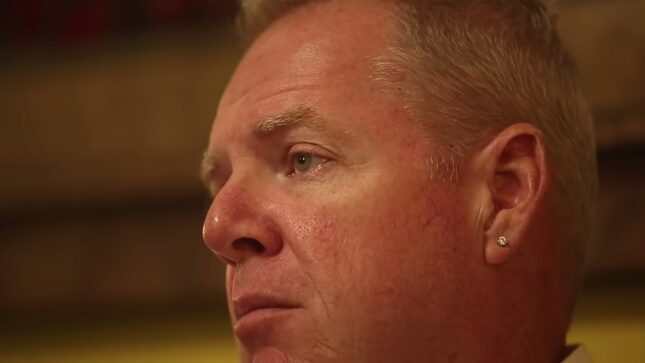The Founder of One of America's Largest Conversion Therapy Programs Now Says He's Gay—And Sorry
Latest

In 1999, McKrae Game founded Truth Ministry, a faith-based conversion therapy program in South Carolina that aimed to suppress or eliminate participants’ LGBTQ identity through a combination of counseling and threats of eternal fire. Twenty years later, 51-year-old Game has come out as gay, and, naturally, is sorry for the harm his massive hypocrisy has caused.
“I believe ex-gay ministry is a lie,” Game said in an interview with Post and Courier. “Conversion therapy is not just a lie, it’s very harmful. [Especially] when it takes it to the point of, ‘You need to change and here’s a curriculum, here’s how you do it, and you haven’t changed yet, keep at it, it’ll happen.’”
Game told the Post and Courier that he was raised Southern Baptist. As a child, he secretly wore his sister’s clothing and outwardly displayed “feminine qualities” that became the target of taunts from classmates; his nickname became “McGay.” By age 11, he realized—with horror—that he was attracted to other boys, and was determined to suppress these desires. By eighteen, he became more comfortable with his sexuality and was out to a small group of people, until he had a guilt-ridden breakdown in the early ‘90s. Game’s quest for salvation led him to a counselor who promised to help him get to the root of why he was gay. Game was told that counseling would help reveal the root of his homosexuality and his sexual urges would lessen over time, but marriage, children, and starting Truth Ministry—later renamed and rebranded to Hope for Wholeness—didn’t stop them.
-

-

-

-

-

-

-

-

-

-

-

-

-

-

-

-

-

-

-

-

-

-

-

-

-

-

-

-

-

-

-

-

-

-

-

-

-

-

-

-








































